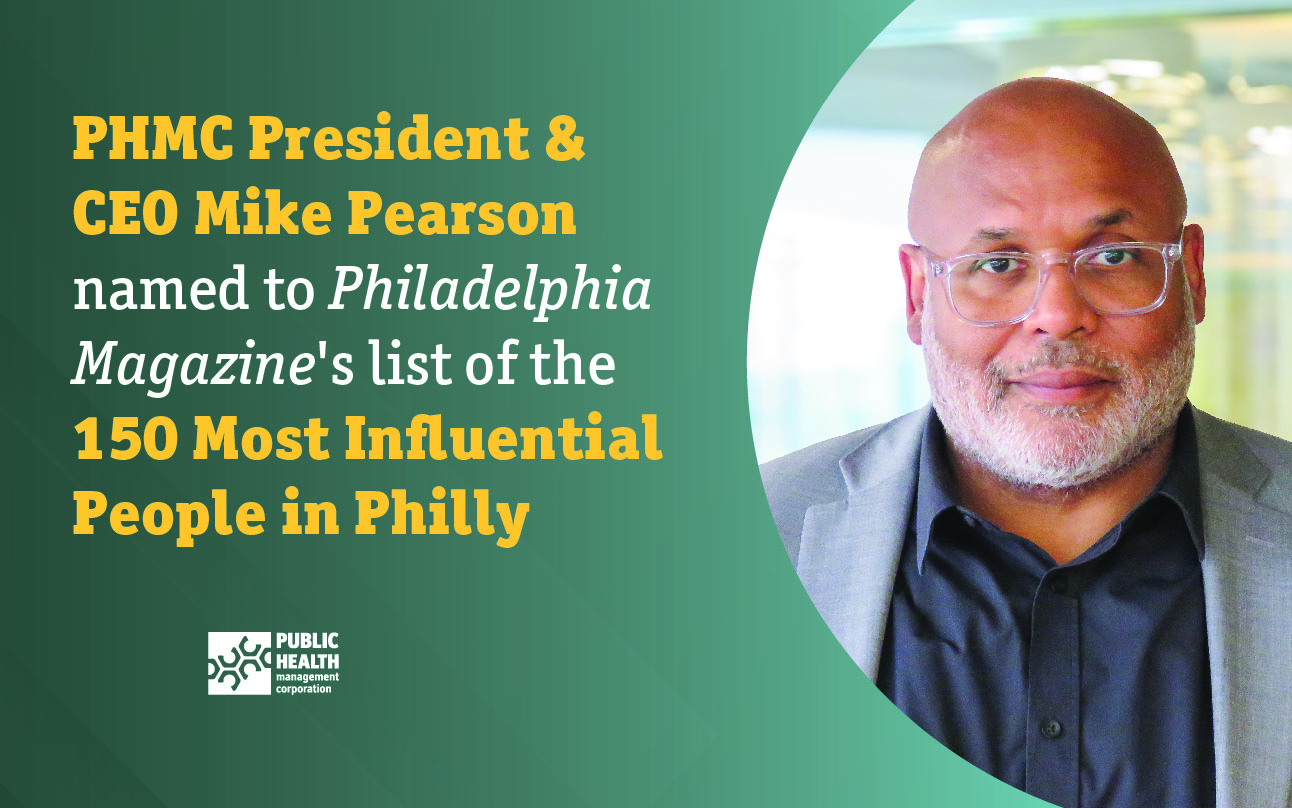In Memoriam
PHMC affiliate The Bridge joins friends and family members in remembering its founder, Peter P. Quinn, who passed away March 3. A former transportation specialist, corporate public affairs manager and director of The Bridge, Quinn launched his effort to create a residential treatment facility for adolescents in 1970. He succeeded in 1971 with The Bridge and later started similar drug rehabilitation programs in West Philadelphia and, with the help of the US Department of State, in Thailand. The Bridge works to decrease substance abuse, promote recovery and healthy lifestyles and encourage successful community and family involvement among its adolescent clients. Quinn is survived by his wife Maryanne, daughter Maryanne, son Peter, two sisters and five grandchildren.
PHMC affiliate Joseph J. Peters Institute (JJPI) mourns board member Stephen Berk, assistant professor of psychology at Chestnut Hill College, who passed away February 2. He served on the board of JJPI for the last year. He is survived by his wife, Karen, and two sons, Jason and Matthew.
Staff Achievements
On February 24, Lee Carson, a research associate in PHMC’s Research and Evaluation Group, joined leaders across the nation at the White House for a policy briefing for emerging black LGBT leaders. Carson conducts PHMC research related to the LGBT community and has served as the president of the Black Gay Men’s Leadership Council for the last six years. The policy briefing provided the opportunity to interact directly with senior administration officials, identify opportunities to collaborate, and provide the White House and agency staff with feedback. Carson has worked in the areas of HIV prevention and substance abuse rehabilitation in the LGBT population for the past 13 years.
Grants
In January, Health Promotion Council (HPC), a PHMC affiliate, received a $30,000 grant from Susan G. Komen Foundation for the breast cancer Navigating, Educating and Supporting Together (NEST) project, which targets medically underserved Latina and Indonesian women in the Philadelphia area. HPC has actively provided health education and disease prevention programs to low-income and underserved Latina and Indonesian populations in the Delaware Valley since 1991. NEST’s community health navigators provide information, personal guidance, interpretation, culturally sensitive and linguistically appropriate support and transportation assistance, as well as follow-up assistance for women who need additional diagnostic treatment.
PHMC’s Interim House West, a residential substance abuse program for pregnant and parenting women, received a two-year $149,899 grant in January from the Pennsylvania Commission on Crime and Delinquency to implement a dialectical behavioral therapy (DBT) program for adult residents. A research-based cognitive behavioral treatment, DBT helps participants learn to better understand, regulate and settle their emotions, to develop better interpersonal skills and to better tolerate negative feelings and feelings of distress.
Health Promotion Council received a grant in December for $93,000 from the North Penn Community Health Foundation for the continued support of the Wellness Initiative for the School Environment: Smart Nutrition and Activity Collaborative (WISE SNAC). WISE SNAC addresses childhood obesity by fostering collaboration among schools, parents and community partners to create opportunities for healthy eating and physical activity for students. The foundation awarded grants to seven local nonprofit organizations dedicated to improving the health and well-being of low-income and at-risk populations in the North Penn community.
On February 2, Lorina Marshall-Blake, president of Independence Blue Cross Foundation, visited Mary Howard Health Center to present its staff and patients with a $50,000 check to support the Center’s work as part of the foundation’s Blue Safety Net program. The initiative supports nonprofit, privately funded health clinics in medically underserved communities in Southeastern Pennsylvania. Mary Howard Health Center opened in Center City in 1997, responding to a crucial need for comprehensive primary care, including behavioral health and social support services, for people experiencing homelessness in Philadelphia.





